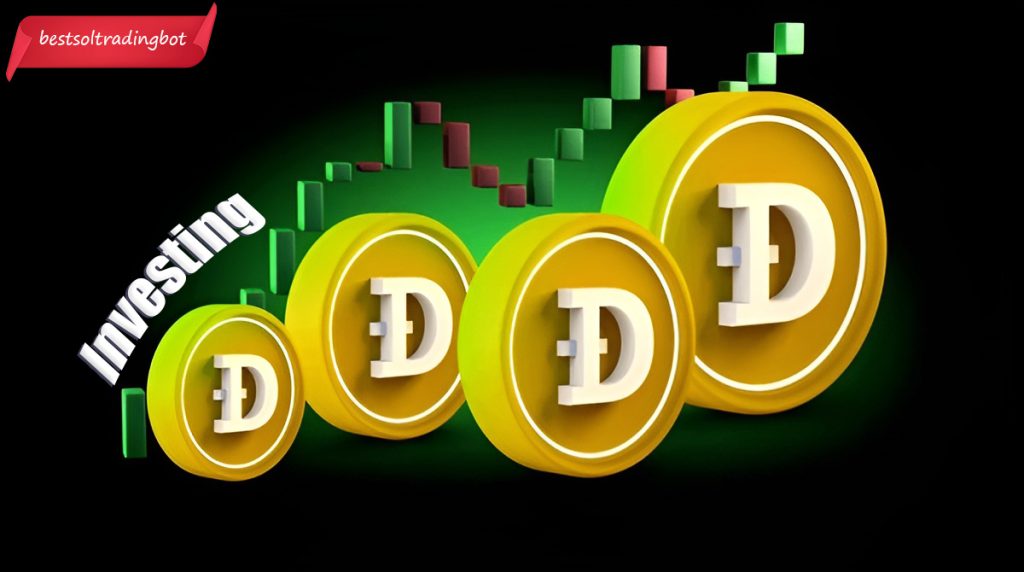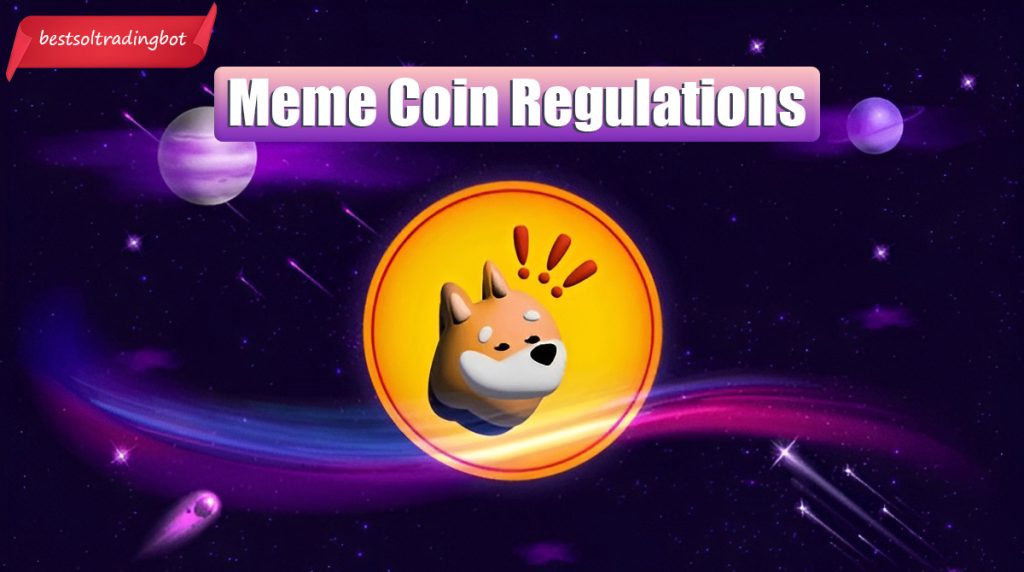The explosive growth of meme coins has captivated the cryptocurrency world, making them a favorite among retail investors. From their lighthearted origins to becoming a speculative financial phenomenon, meme coins like Dogecoin and Shiba Inu have carved a niche in the digital currency ecosystem. However, their rise has brought unique legal and regulatory challenges. This article delves into Meme Coin Regulations, outlining the key considerations for investors, regulators, and the broader crypto community.
Contents
Understanding Meme Coins
Origins and Examples
Meme coins originated as a fun alternative to mainstream cryptocurrencies like Bitcoin. Dogecoin, for instance, began as a joke in 2013, inspired by the “Doge” meme. Over time, coins like Shiba Inu and Floki emerged, drawing their branding and appeal from internet culture.
| Meme Coin | Launch Year | Market Cap (2024) |
|---|---|---|
| Dogecoin | 2013 | $9.5 billion |
| Shiba Inu | 2020 | $6.7 billion |
Characteristics
Meme coins stand out due to their:
- Community-driven value: Prices often rise due to social media trends rather than intrinsic value.
- High volatility: Prices can skyrocket or plummet within hours.
- Lack of utility: Unlike some cryptocurrencies, meme coins rarely have functional use cases beyond trading.
Market Impact
Despite their playful nature, meme coins significantly influence the crypto market, often driving trading volumes and attracting new investors.
Regulatory Landscape for Cryptocurrencies
Global Overview
Cryptocurrency regulations vary by country:
- United States: Governed by agencies like the SEC and CFTC, with a focus on whether assets qualify as securities.
- European Union: The MiCA (Markets in Crypto-Assets) framework aims to create a unified regulatory approach.
- Asia: Countries like Japan and Singapore have embraced regulations, while China has imposed a blanket ban.
Key Regulatory Bodies
| Country | Regulatory Body | Focus Area |
|---|---|---|
| United States | SEC, CFTC | Securities, Commodities |
| European Union | ESMA | Market Integrity |
| Japan | Financial Services Agency | Consumer Protection |
Existing Frameworks
Most regulations focus on issues like:
- Preventing money laundering.
- Protecting investors from fraud.
- Ensuring compliance with tax laws.
Legal Status of Meme Coins
Classification Challenges
Meme coins blur the lines between securities, commodities, and currencies. Regulatory bodies often struggle to categorize them due to their lack of intrinsic value or defined purpose.
Case Studies
- Dogecoin: Avoided legal scrutiny largely due to its decentralized nature and lack of centralized profit-seeking entities.
- Squid Coin: A rug pull scam that highlighted the need for stricter regulatory oversight.
Regulatory Responses
Governments are increasingly addressing meme coin risks. For example:
- The SEC has investigated certain meme coins for potential securities law violations.
- Some jurisdictions require detailed whitepapers and project audits before listing coins.
Risks Associated with Meme Coins
- Market Volatility:
Meme coins often experience extreme price swings, posing significant risks to investors. - Fraud and Scams:
Meme coins are prone to “pump and dump” schemes and rug pulls. For instance, Squid Coin collapsed after its creators disappeared with investor funds. - Lack of Investor Protections:
Without robust regulations, investors are vulnerable to losses with little recourse.
Risk Assessment Table
| Risk | Impact | Example |
|---|---|---|
| Volatility | Financial Loss | Dogecoin price swings |
| Scams | Complete Loss | Squid Coin rug pull |
| Lack of Oversight | Regulatory Fines | Undefined tax status |
Investing in Meme Coins Legally

Due Diligence
Investors should:
- Research the project’s whitepaper.
- Check for transparent development teams.
- Avoid projects with unrealistic promises.
Compliance with Regulations
- Ensure transactions are reported for tax purposes.
- Avoid investing in coins banned in your jurisdiction.
Best Practices
- Start small: Allocate only a small percentage of your portfolio.
- Use reputable exchanges: Platforms like Coinbase and Binance offer better investor protection.
- Stay updated: Keep track of Meme Coin Regulations to ensure compliance.
Future Outlook for Meme Coin Regulations
Evolving Policies
As meme coins gain traction, regulators are likely to introduce:
- Stricter transparency requirements for new coin launches.
- Guidelines for social media promotions to prevent misleading hype.
Impact on Investors
New regulations may improve market stability but could limit speculative opportunities.
Industry Adaptations
The cryptocurrency industry may embrace self-regulation, focusing on increased transparency and investor education.
Frequently Asked Questions (FAQs)
Are meme coins legal?
Meme coins are legal in most countries, but their legality depends on local cryptocurrency regulations. Always check jurisdiction-specific laws before investing.
How can I avoid meme coin scams?
To avoid scams:
- Research projects thoroughly.
- Avoid “too good to be true” returns.
- Use trusted exchanges.
Do meme coins qualify as securities?
The classification of meme coins varies. Some regulators might consider them securities if they involve profit expectations.
Conclusion
Meme coins, while entertaining and potentially lucrative, come with significant legal and regulatory challenges. Understanding Meme Coin Regulations, meme coin legality, and the broader framework of cryptocurrency regulations is crucial for informed and safe investing. As the regulatory landscape evolves, staying informed will be key to navigating this dynamic market.
References
Disclaimer
This article is for informational purposes only and does not constitute legal or financial advice. Always consult a qualified professional before making investment decisions.

